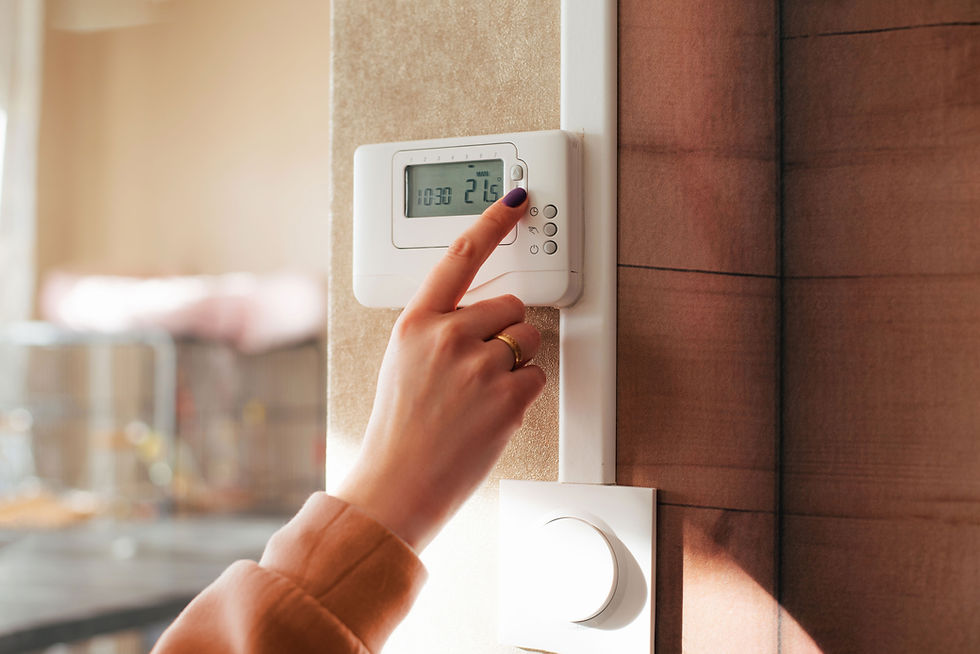Harnessing the Power of Timing: Optimizing Appliance Use for Energy Savings and Carbon Reduction
- OwnWatt
- Apr 15, 2025
- 2 min read
Updated: Apr 17, 2025
In our quest for more sustainable living, we often overlook a simple yet effective strategy: timing the use of household appliances. By aligning appliance operation with periods of lower energy demand or higher renewable energy availability, we can achieve significant energy savings and reduce our carbon footprint. Let's explore how strategic scheduling of appliance use can lead to tangible benefits, supported by real-life examples and research findings.

Smart Scheduling of High-Energy Appliances
Certain household appliances consume more energy than others. Focusing on these can yield significant benefits:
Dishwashers and Washing Machines: Running these appliances during off-peak hours can reduce energy costs. Experts recommend using the delay start feature to operate these machines after 7 p.m. on weekdays, aligning with lower TOU rates.
Electric Vehicles (EVs): Charging EVs overnight not only takes advantage of lower electricity rates but also supports grid stability by reducing demand during peak hours.
Heating and Cooling Systems: Utilizing programmable thermostats to adjust temperatures during off-peak times can lead to energy savings. For instance, pre-cooling or pre-heating your home before peak periods can reduce the need for energy during high-demand times.
Water Heaters: Water heating is one of the top energy-consuming activities in a home, but it offers a major advantage: great thermal storage. Once heated, water stays warm for hours, making it an ideal candidate for time-shifting.
Real-Life Impact
The benefits of strategic appliance use are not just theoretical. For example, a UK government trial involving 500 homes demonstrated that shifting energy consumption to off-peak times, known as "demand flexibility," could save households around £200 annually. By adjusting their energy use, participants helped reduce the need for additional power stations and contributed to significant national savings.
Final Thought
Strategically planning when to use household appliances is a practical and impactful approach to reducing energy consumption and lowering carbon emissions. By understanding TOU rates, focusing on high-energy appliances, and leveraging smart technology, individuals can achieve significant cost savings and contribute to a more sustainable future.Embracing these practices not only benefits your wallet but also plays a crucial role in promoting environmental stewardship.




Comments